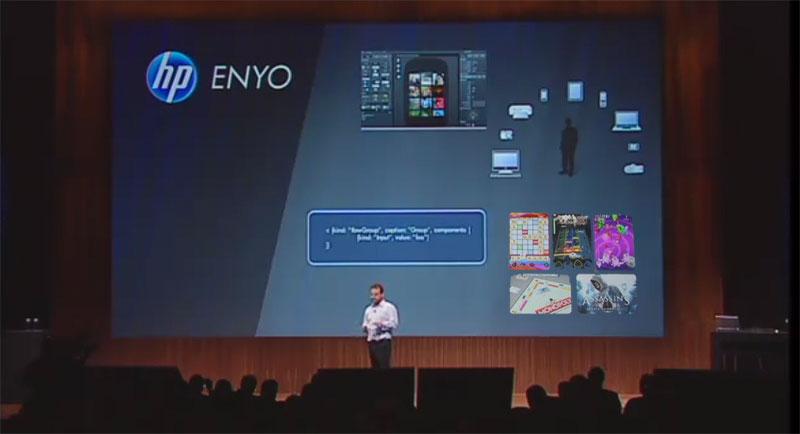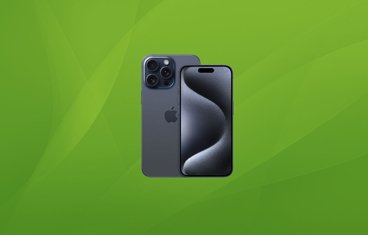HP set to decide future of Palm, webOS this week
After acquiring Palm last year for $1.2 billion but then canceling its webOS hardware program just weeks after finally delivering its new Touchpad tablet using the new technology, HP has left the future of its Palm team up in the air along with the rest of its Personal Systems Group.
In addition to encompassing its short lived mobile webOS aspirations, HP's PSG unit also builds the company's line of Windows-based personal computers, the sales of which make HP the world's largest vendor of PCs in the US and globally.
However, ever since the company's then chief executive Léo Apotheker made an announcement on August 18 that HP would be evaluating what to do with its PSG unit, potentially selling it or spinning it off into a subsidiary, the fate of webOS has hung in the balance, suffering from uncertainty and lacking a clear future.
HP appeared to be clearly uninterested in investing the capital needed to launch webOS as a major competitor to Apple's iOS, Google's Android, RIM's BlackBerry OS and Microsoft's Windows Phone 7 platforms; such a task would be very difficult even if HP made it a company priority.
Prior to HP's purchase, the main problems Palm had in bringing webOS to market were the lack of both the ongoing investment capital required to support an expensive initial development effort, and the market presence capable of selling the resulting products, two issues HP was supposed to solve as its new owner, leveraging its experience and position as a major PC maker.
While webOS is now largely finished and its hardware was ready to sell, HP's cancellation of the hardware side of the equation, motivated by dismal sales, means that a spinoff of Palm would result in a return to square one for the group, forcing it to formulate a new licensing business in a market where even Microsoft has had a very difficult time assembling a viable ecosystem of mobile licensees.
That makes the most likely outcome for webOS a direct sale to a third party (such as Amazon) that wants to own its own mobile environment without having to start from scratch.
HP's PSG has also completed work on the Enyo development framework for webOS, which could be used by either an existing mobile platform or by a software vendor to create web-based software for existing platforms.
 Daniel Eran Dilger
Daniel Eran Dilger











 Mike Wuerthele
Mike Wuerthele
 Malcolm Owen
Malcolm Owen
 Chip Loder
Chip Loder

 William Gallagher
William Gallagher
 Christine McKee
Christine McKee
 Michael Stroup
Michael Stroup
 William Gallagher and Mike Wuerthele
William Gallagher and Mike Wuerthele






